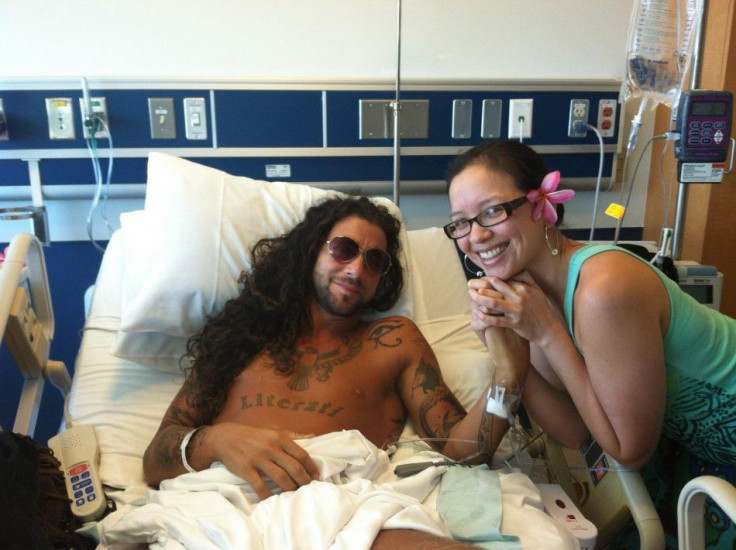Disabled Man Crawls Off Plane: D. Baraka Kanaan Suing Delta For Declining To Help Him Enter And Exit Plane

Former college professor D. Baraka Kanaan claims that Delta Airlines employees failed to accommodate his disability and forced him to crawl across a tarmac to board and exit an aircraft. He filed suit in U.S. District Court in Hawaii, seeking damages for "intense physical and extreme emotional suffering" stemming from the incident.
Kanaan has been partially paralyzed since a car accident in 2000. His complaint says that he called prior to his flight to make sure that Delta knew that he was disabled and made the requisite arrangements so that he could travel with his own wheelchair. He also asked for an aisle chair (to help him navigate while on the plane) and lift access because he is unable to walk. The representative who he spoke with on the phone took note of his needs and assured Kanaan that accommodations would be made for him when he arrived. But when his flight was cancelled and rescheduled, somehow the prior accommodations did not transfer to the new flight.
Upon his arrival, the airline did not have the "required safety equipment" nor the aisle chair that he was assured would be there during his phone call several weeks before the flight.
The complaint then details how Kanaan had to crawl across the tarmac to get to his wheelchair:
"Mr. Kanaan was forced to crawl down the aisle of the airplane, down the stairs of the aircraft, and across the tarmac to his wheelchair without any assistance from the crew or the use of any mandated safety equipment.
"In his nicest suit, he crawled hand over hand through the main cabin and down a narrow flight of stairs and across the tarmac to his wheelchair. There were a great number of people watching, and the experience caused Mr. Kanaan great physical and emotional suffering."
Upon complaining to Delta, Kanaan says he was offered 25,000 sky miles. He declined that offer and decided to file suit for his injuries instead.
Kanaan is seeking an unspecified amount of compensatory, treble, and punitive damages for violations of the Air Carrier Access Act. The Act, in relevant part, states that airlines must "provide boarding assistance to individuals with disabilities by using ramps, mechanical lifts, or other suitable devices where level-entry boarding by loading bridge or mobile lounge is not available."



























